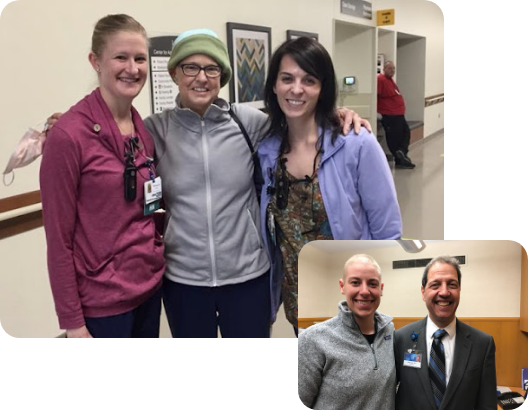 Expert Insights Into Amyloidosis
Expert Insights Into Amyloidosis
– A comprehensive series of short videos on topics ranging from ATTR, to AL, to racial and ethnic disparities, to orthopedic manifestations, and to the biology between systemic amyloidoses vs Alzheimer’s vs Parkinson’s.
 Matching Donors
Matching Donors
– Provides information on organ donor, organ transplant, and organ donor services.
 Medthority
Medthority
– Site intended for medical professionals.
 mSMART
mSMART
– Our mission is to present the state of the art approach to management of plasma cells disorders including Myeloma, Amyloidosis, and Waldenstrom’s Macroglobulinemia. Views expressed here are opinions of a group of experts from the Mayo Clinic, based on best available evidence.
 The Amyloidosis Channel
The Amyloidosis Channel
- The Amyloidosis Channel from the Video Journal of Hematology and Hematological Oncology. Learn about the latest clinical trial updates, novel therapeutics and regimens, diagnostic advances and optimal management across all amyloidosis subtypes, including amyloid light chain (AL), amyloid A (AA), and transthyretin (ATTR) amyloidosis.
 Triage Cancer / Triage Health
Triage Cancer / Triage Health
– Provides free education on the legal and practical issues related to navigating a chronic or serious medical condition, including Medicare, insurance, and disability.












